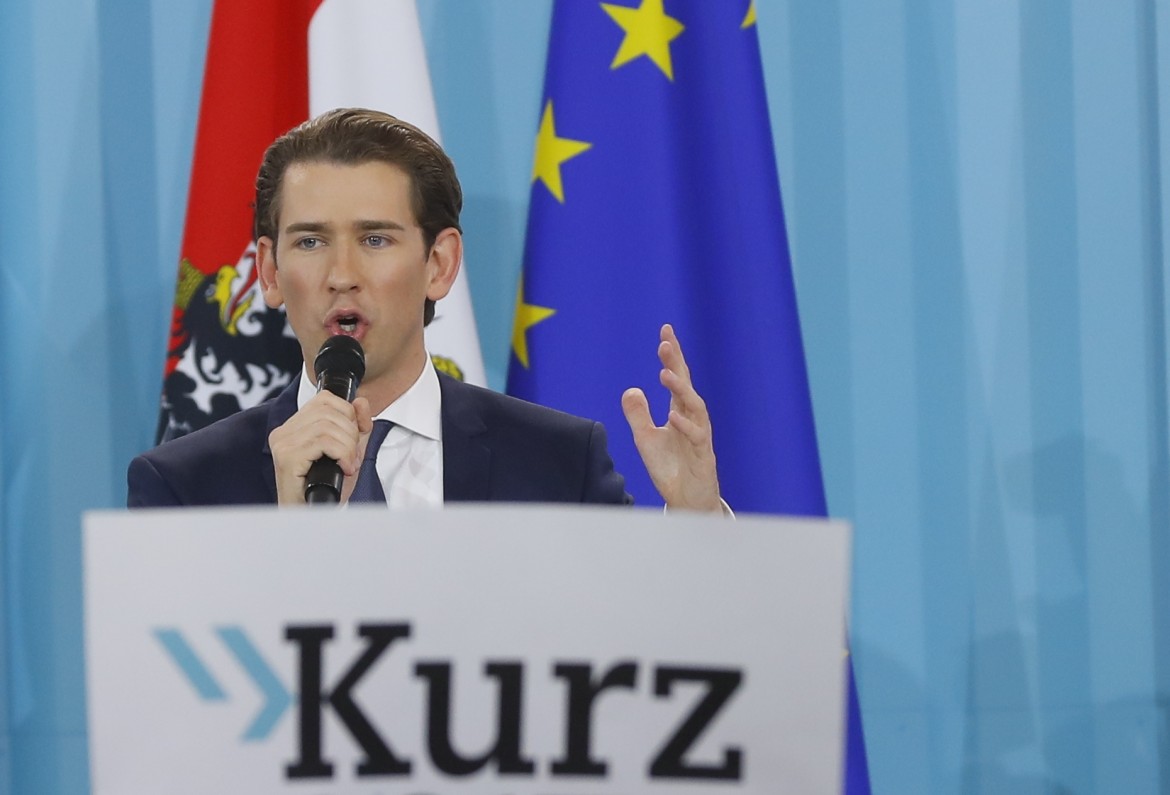Analysis
The growing xenophobic tendency of the European People’s Party
After Sebastian Kurz victory in Austria, the center of gravity of populist movements is tilting further to the right. The normalization of right-wing extremists and racist discourse has pushed moderate conservative parties toward their programs.

When, in the fall of 2000, Wolfgang Schüssel, then-Chancellor and member of the Austrian People’s Party, opened the door to the government in Vienna for the liberal-nationalists of Jörg Haider’s FPÖ, he explained that in this way, the impulse behind the new Right would be neutralized.
The recent electoral success of Sebastian Kurz, among the heirs of Schüssel at the helm of the Christian Democrats, marked by the revival of the ultranationalists’ watchwords on migrants, Islam and Europe, shows that what has in fact happened is exactly the opposite.
On one hand, the gradual “normalization” of right-wing extremists and racist discourse in the public sphere, accompanied by the constant reprisal of the themes of security and identity — a tendency of which a certain part of the center-left is also guilty — resulted in the legitimization of such parties.
On the other hand, the repeated gestures of opening by the conservative world toward these ideological spheres, and the formation of an unprecedented political field “to the right of the right,” where alleged moderates and avowed extremists held exchanges and developed relationships and common projects, all resulted in a significant shift to the right of the very notion of “center.”
it has come to the point that now, at the end of the 2017 election cycle, it can be seen that, although the dreaded rise of the “right-wing populists” has often been averted, this has been at the cost of seeing the triumph of conservative parties that are in fact wedded to the same programs.
If, at the start of the new millennium, the launch of the Schüssel-Haider coalition followed on from what happened in the Italian crucible of the “Plural Right,” formed in the 1990s under the aegis of Silvio Berlusconi, for whose party the EPP reaffirmed its support in the leadership meeting held in Brussels on Thursday, nowadays the profile and strategy of Kurz, who is preparing to govern with the extreme right and to apply, for the most part, their odious prescriptions, is anything but an exception.
Among the members of the European People’s Party are also the Hungarian Fidesz movement of Viktor Orbán, he of “illiberal democracy” fame, and Erna Solberg’s Norwegian Conservative Party, who have just renewed their governing pact with the Fremskrittpartiet, a nationalist and anti-immigrant movement which the Oslo mass murderer Anders Behring Breivik had also joined.
Furthermore, also in Scandinavia, the liberal-led government of the Danish center-right, still in power in Copenhagen, has only managed to survive for 10 of the last 16 years through the external support of the People’s Party, formerly allied with the French National Front, which has imposed a drastic chokehold on immigration and asylum rights.
Another liberal-conservative is the Dutch Mark Rutte, reappointed as prime minister, who managed to stop Geert Wilders’ party of islamophobes, also linked to Le Pen, but only thanks to a campaign tinged by xenophobia to such an extent that Amnesty spoke out about the “toxic rhetoric.”
And the liberal family also includes the Action of Dissatisfied Citizens, Ano 2011, the populist movement led by billionaire Andrej Babiš, dubbed “Babisconi” by the local press for his similarities with the founder of Forza Italia, whom the polls are naming as the winner of the elections in the Czech Republic.
In France, where some political scientists have compared Kurz to Nicolas Sarkozy, who has been courting the extreme right for a long time, Laurent Wauquiez, the probable new leader of the Républicains, also members of the EPP, has said he wants “a Right that is truly of the Right: patriotic and against immigration and Islam.”
And when competing against them with similar proposals is not enough, the center-right risks becoming divided on the very issue of whether to adopt policies in line with the extremists.
This can be seen in the case of Brexit, which has split the British Conservatives, who in turn are the “partners” in Europe of the Polish national-Catholic Law and Justice party, in power in Warsaw since 2015. It can also be seen in the similar case of the Alternative für Deutschland, which commands the neo-Nazis’ approval but is in fact led by former members of Angela Merkel’s CDU, the party that is also the source of half of the approximately six million votes that the AfD has recently received.
Originally published at https://ilmanifesto.it/la-crescente-deriva-xenofoba-del-partito-popolare-europeo/ on 2017-10-22
